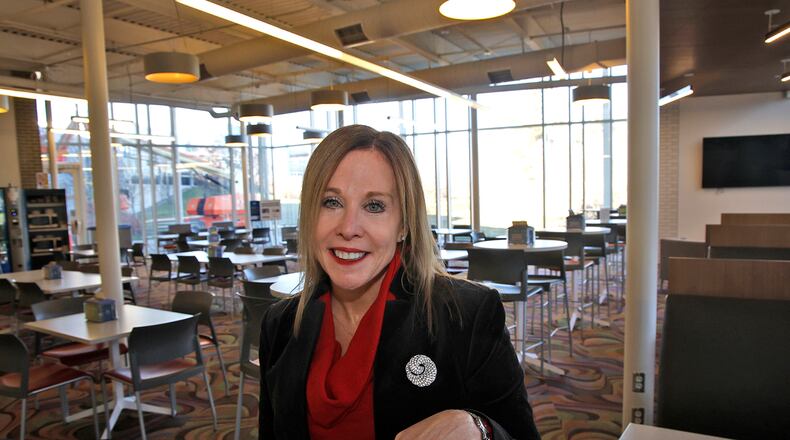“I am honored to represent the two-year college sector in these important negotiations over the next three months,” Blondin said. “The issues around program quality, accreditation and financial aid equity and access are areas of emphasis and interest in my 31-year career in higher education.”
The definition of the negotiator’s role is “to serve as a negotiator in the upcoming negotiated rulemaking to prepare proposed regulations that address the topics of the authorities granted to the Secretary of Education in the Higher Education Act (HEA), including the provisions related to accreditation, State authorization, distance education, return of title IV funds, cash management and the Federal TRIO programs.”
Blondin will represent the two-year community college sector as a negotiator around these issues.
Earlier this month, the Biden-Harris Administration announced efforts to make sure students are well served by the higher education institutions they attend and Federal Student Aid programs work in their best interest. They released six issue papers across a range of categories to further these goals, which were discussed during the first meeting of the Institutional Quality and Program Integrity Committee Jan. 8-11.
The issue papers include proposals to make sure that accrediting agencies and state authorizing agencies are appropriately holding institutions accountable for providing high-quality educational opportunities. and to create more consumer-friendly policies to make sure students have access to their aid to help cover college costs and receive fair treatment across aid programs.
The committee includes non-federal negotiators from 15 constituency groups. A subcommittee focused on TRIO programs met earlier this month and included five impacted constituency groups.
Through the negotiated rulemaking process, the department hears input on the proposals and discussion topics by the non-federal negotiators and from members of the public. The department then continues to refine and develop its proposals for consideration. The committee will meet again in February and March, and the subcommittee will meet again in February.
“Negotiated rulemaking entails discussions about highly detailed and consequential federal policies affecting students and institutions,” said David Baime, senior vice president for government relations at the AACC. “Dr. Blondin is particularly well-suited to this task because of her long engagement and leadership with the accreditation process, as well as sustained service to community colleges.”
About the Author

